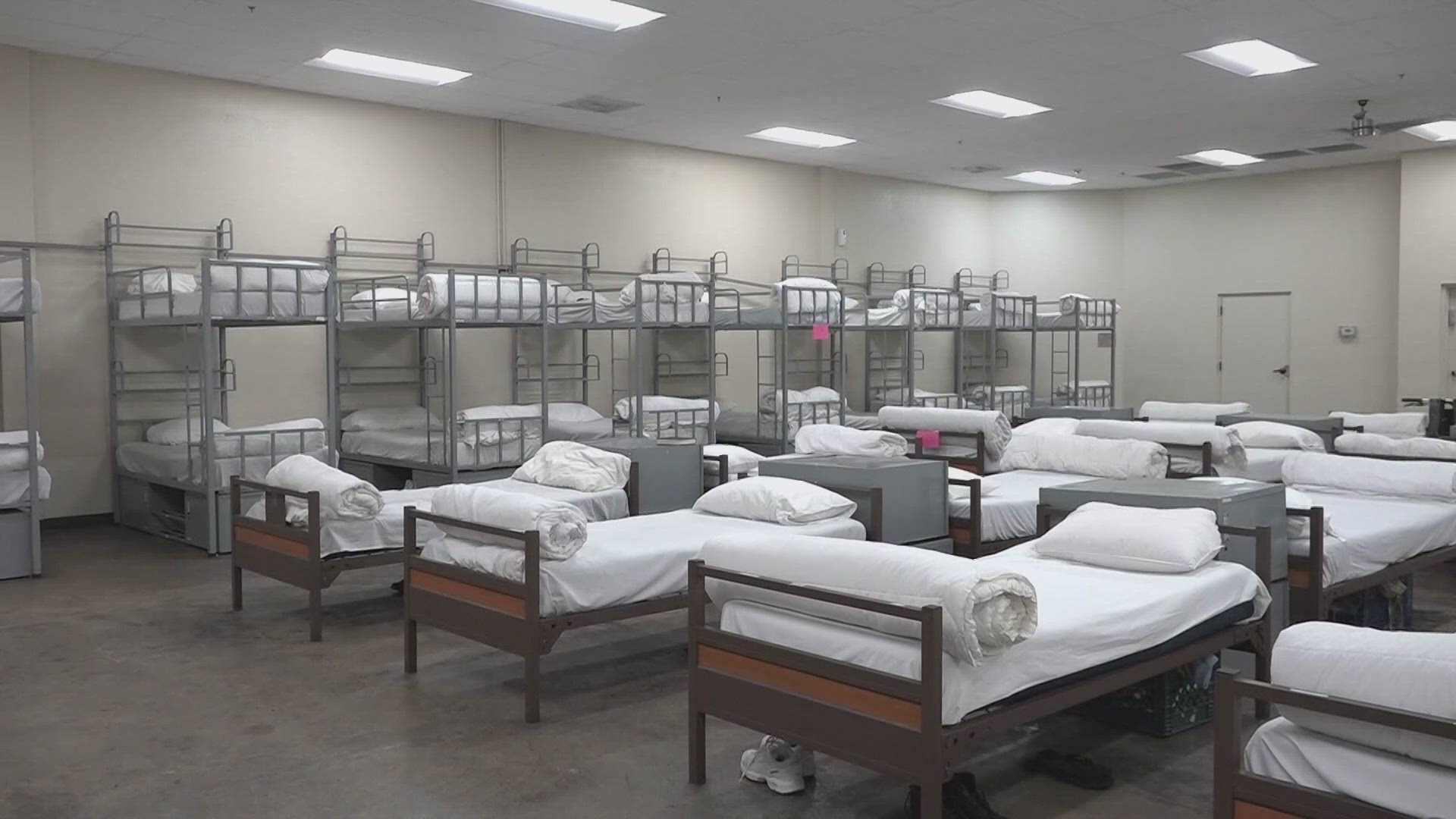ARIZONA, USA — Communities across the state are scrambling to help an ever-growing, ever-changing homeless population.
It’s a population that’s only gone up in the past five years in Arizona. Despite millions of dollars going towards helping the crisis – people still aren’t connecting with the right kind of resources.
Providers are hoping 211 might help as a one-stop-shop call center to connect people to resources for housing and homelessness.
The line operates statewide with a network of more than a hundred remote call takers. They field calls 24/7 in both English and Spanish.
"People are calling us about their housing instability situations, their food insecurity, health insurance needs," said Ty Rosensteel. "Housing crisis doesn’t happen just during business hours. Being able to be available 24/7 is really important."
Rosensteel is the Senior Director at Solari Crisis and Human Services, which oversees 211 and 988 – Arizona’s suicide lifeline.
211 has seen a significant increase in call volume over the past five years.
In 2018, there were about 26,000 calls statewide to the call center. So far this year, there's been more than 156,000 calls according to Solari data.
The dramatic increase is exacerbated by the pandemic and the types of calls have shifted. Data shows that in the past, most calls were for help with utilities and rent.
"Now, the primary thing that people are calling us about this year is shelter," said Rosensteel.
More people are calling about information and referrals for emergency shelters as more and more people find themselves on the brink of homelessness or already experiencing homelessness with nowhere else to go.
"More people are needing emergency care in our community, specifically in housing, because of the decreased availability of rental assistance from the pandemic relief," Rosensteel said. "And it’s really begun to max out the capacity of our homeless services system."
The push to call 211 is intended to help reduce that strain on shelters that are often full.
When people call 211, the call taker will work to screen the person in need and figure out which resources are best to help, rather than people in crisis making multiple calls themselves and landing on several different waitlists that might not even be the right fit.
Providers hope 211 can be a lifeline that helps sort out confusion where people can and can't go for help - and prevent homelessness altogether. Call takers are trained to try and divert people to resources before they become homeless.
"[Being] able to stay with friends, to stay with family, able to investigate ways to stay in their units without going to an emergency shelter," Rosensteel said.
Rosensteel explained that Solari is hiring more people to help take these calls. He said many of their call takers have experienced homelessness or housing needs and can take calls with compassion.
Up to Speed
Catch up on the latest news and stories on the 12 News YouTube channel. Subscribe today.

